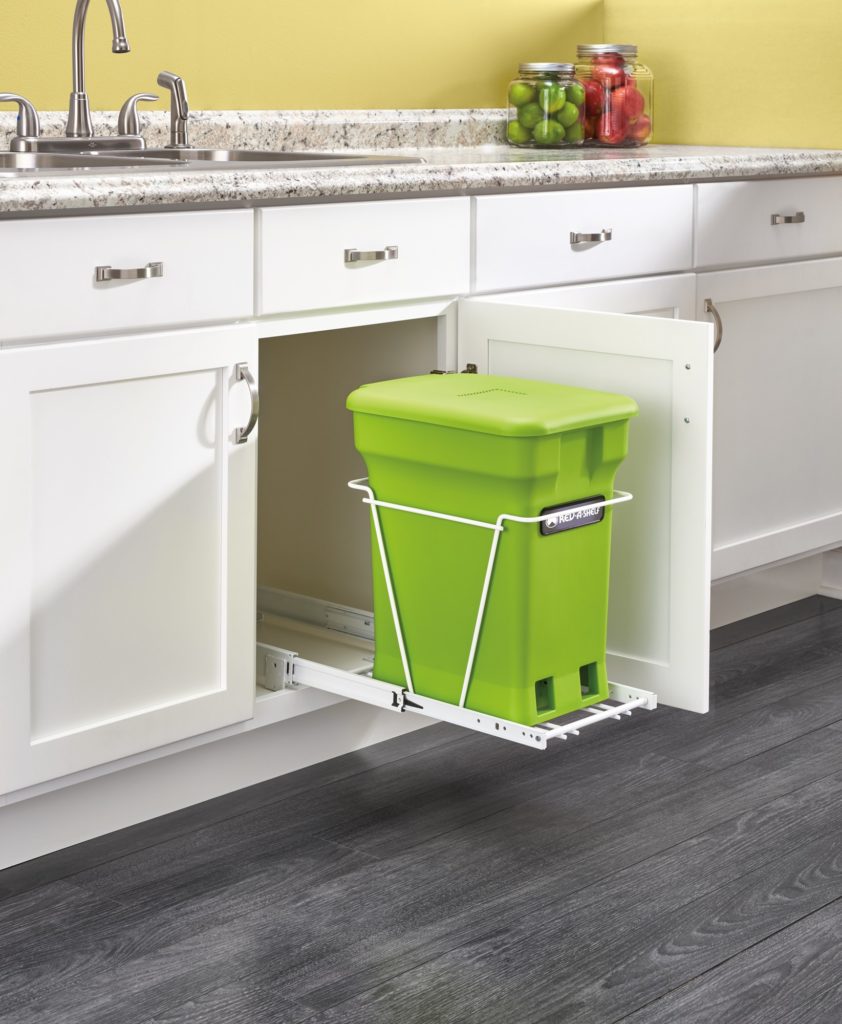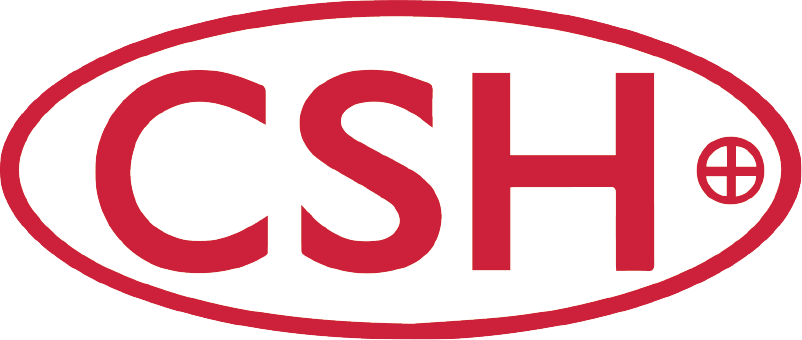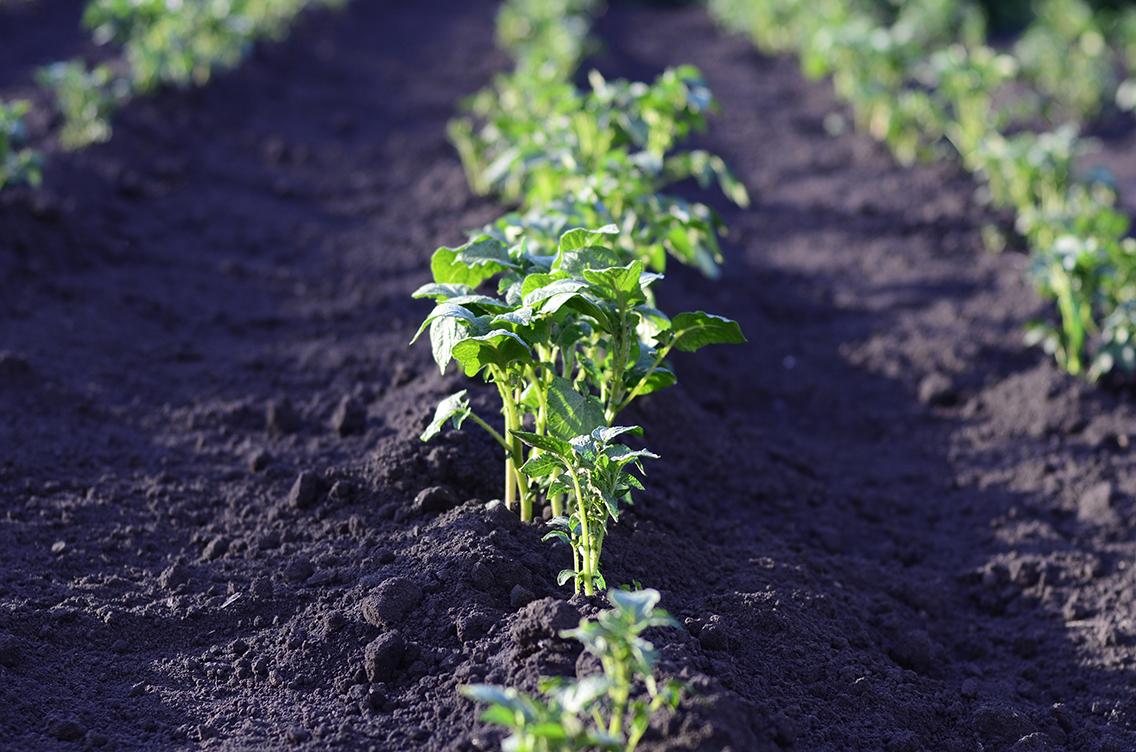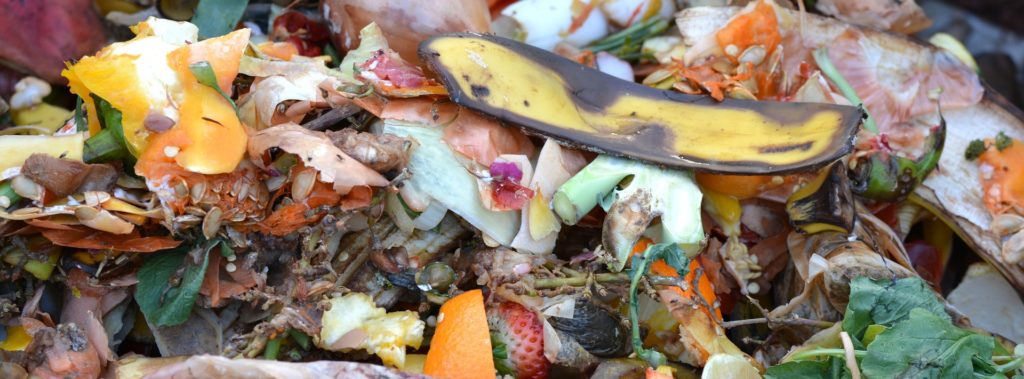Is composting right for me? What are the advantages of composting? How do I start composting at home anyway? If you have any of these common questions, you can find the answers right here
Benefits
-
Improve your Garden: Do you love to grow your own food or plant beautiful flowers to make your property more attractive? If so, composting could be a great advantage for you and your plants! You’ll be able to save money by not buying synthetic fertilizers (which can have some undesired side-effects on your soil), and taking advantage of your own soil-enriching compost instead. Your compost will help the soil to retain moisture, suppress plant diseases and pests, and supplement your plant growth with beneficial bacteria that breaks down organic matter into nutritional matter. And you’ll be getting that benefit from scraps you would have just thrown away!
-
Reduce Landfills and Atmosphere Pollution: Those of us without green thumbs can benefit from composting as well—while also benefitting everyone else! According to the US Environmental Protection Agency, food scraps and yard waste that could be composted makes up 20-30% of what we throw in the trash. All that organic waste ends up in landfills that emit methane into the air and pollute the atmosphere. Composting is a great way to lessen that air pollution and take personal responsibility for the environment!
-
Save or make a little extra money: While your main reasons for composting at home will likely be to improve soil for your plants or to help the environment, there can be some little financial incentives to do so as well. Not only can you save money by not needing to buy synthetic fertilizers, but some people are able to lower their garbage disposal bills by composting some of the waste they otherwise would have disposed of. Also, if you don’t use all the compost you produce yourself, you could earn some money by selling it to friends, neighbors, or even people on Craigslist who want to enrich their soil.
-
Variety of options: You can choose to use anything from a compost pile in your back yard to this convenient compost bin with slides from Rev-a-Shelf.
The basics of composting
Composting is simple to do. All you need are three following basic types of materials:
- “Brown” materials (such as dead leaves, branches, and twigs) provide carbon
- “Green” materials (such as grass clippings, vegetable waste, fruit scraps, and coffee grounds) provide nitrogen
- Water helps break down all that organic matter
Your compost bin or pile needs to have equal amounts of browns and greens, and it’s best to alternate materials of different-sized particles in layers. If you’re composting in a bin inside your home, make sure the bin has a tight-fitting lid, and be sure to tend the pile and keep track of what you put in it. If you follow the lists below, your compost bin won’t smell bad and the compost will be ready to use in two to five weeks (longer if you have a large compost pile instead of a bin)

What to compost and what not to compost (and how to avoid bad smells)
Here are the things you can compost instead of throwing in the trash
- Fruits and vegetables
- Eggshells
- Coffee grounds and filters
- Tea bags
- Nut shells
- Shredded newspaper
- Cardboard
- Paper
- Yard trimmings
- Grass clippings
- Houseplants
- Hay and straw
- Leaves
- Sawdust
- Wood chips
- Cotton and Wool Rags
- Dryer and vacuum cleaner lint
- Hair and fur
- Fireplace ashes
And here are the things you should not compost
- Black walnut tree leaves or twigs (release substances that might be harmful to plants)
- Coal or charcoal ash (might contain substances harmful to plants)
- Dairy products such as butter, milk, sour cream, yogurt, as well as eggs* (create odor problems and attract pests such as rodents and flies)
- Diseased or insect-ridden plants (diseases or insects might survive and be transferred back to other plants)
- Fats, grease, lard, or oils* (create odor problems and attract pests such as rodents and flies)
- Meat or fish bones and scraps* (create odor problems and attract pests such as rodents and flies)
- Pet wastes such as dog or cat feces or soiled cat litter* (might contain parasites, bacteria, germs, pathogens, and viruses harmful to humans)
- Yard trimmings treated with chemical pesticides (might kill beneficial composting organisms)
* If you’re using a community curbside or drop-off composting program instead of your own bin or pile, you can check with your local composting or recycling coordinator to see if these organics are accepted.
Those are the basics for getting started with composting! Do you already compost and have some tips for people new to it? Tell us your thoughts in the comments!


